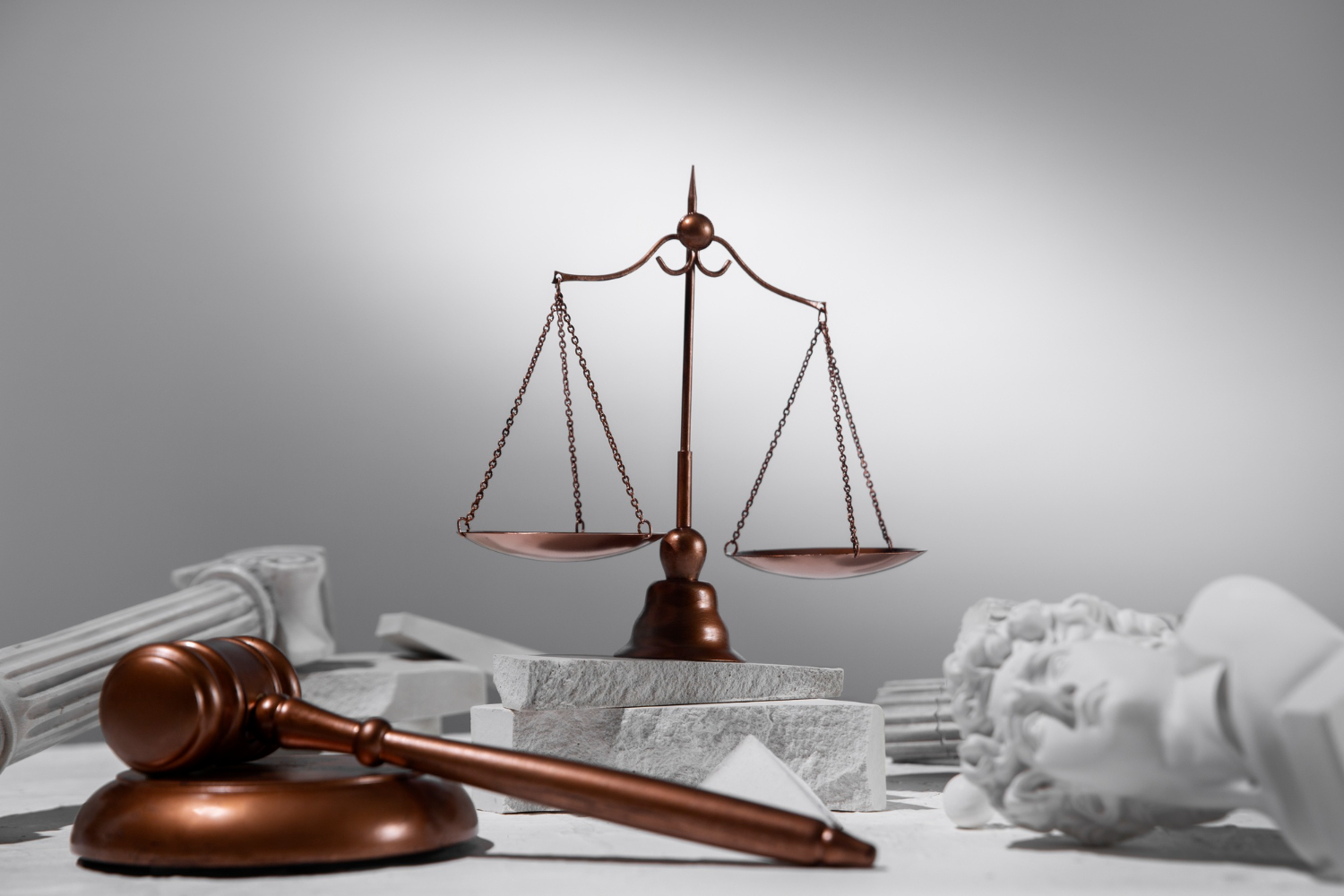Receiving a charge from the National Labor Relations Board (NLRB) can be daunting for any employer. The NLRB is a federal agency tasked with enforcing labor laws in the United States, particularly those related to collective bargaining and unfair labor practices. If you’ve been charged, it’s crucial to respond appropriately and promptly. Here’s a step-by-step guide on what to do:
Understand the Charge
The first step is to thoroughly read and understand the charge. The charge document will outline the specific allegations against your company. It’s essential to identify the details, including:
- The nature of the alleged unfair labor practice.
- The sections of the National Labor Relations Act (NLRA) that are purportedly violated.
- The parties involved and the timeframe of the alleged incidents.
Depending on the nature of the allegations, you may consider having legal counsel contact the Board agent assigned to investigate the Charge early on, to obtain as much information as possible regarding the allegations.
Notify Relevant Parties
Inform key stakeholders within your organization, such as:
- Human Resources (HR) department
- Legal team
- Management involved in the incident
It’s vital that these parties are aware of the charge to ensure an adequate response and to gather necessary information.
Gather Information and Documentation
Begin collecting all relevant documents and records pertaining to the charge. This may include:
- Employee records
- Emails and communications
- Meeting notes
- Company policies and procedures
Having a comprehensive set of documents will be crucial for your defense.
Consult with Legal Counsel
Consulting with an attorney who specializes in labor law is essential. An experienced labor lawyer can:
- Provide legal advice specific to your situation.
- Help you understand the implications of the charge.
- Assist in preparing your response.
Your lawyer will be instrumental in ensuring that your rights are protected throughout the process.
Prepare a Response
Work with your legal counsel to prepare a formal response to the charge. This typically involves:
- Addressing each allegation point by point.
- Providing supporting documentation and evidence.
- Explaining your company’s position and actions.
Ensure that your response is thorough and submitted within the specified timeframe set by the NLRB.
Participate in the Investigation
The NLRB will conduct an investigation, which may include:
- Interviews and affidavits with witnesses.
- Requests for additional documents.
- On-site visits.
Be cooperative and transparent during the investigation. Your goal is to present your side of the story clearly and factually.
Review the NLRB’s Decision
After the investigation, the NLRB will issue a decision. This decision could be:
- Dismissal of the charge.
- A settlement agreement.
- A complaint issued against your company.
Carefully review the decision with your legal counsel to understand its implications and determine your next steps.
Consider Your Options
Depending on the NLRB’s decision, you may have several options:
- Settlement: If a settlement is proposed, evaluate whether it is in your company’s best interest to agree, prepare a counteroffer, or reject it altogether.
- Hearing: If a complaint is issued, prepare for a hearing before an administrative law judge. Your legal team will play a crucial role in this phase.
- Appeal: If the Administrative Law Judge decision is unfavorable, you may have the option to appeal. Consult your attorney to explore this avenue.
Implement Necessary Changes
If the charge highlights deficiencies in your company’s policies or practices, take proactive steps to address them. This might include:
- Updating company policies.
- Providing additional training to management and staff.
- Enhancing communication and documentation procedures.
Foster a Positive Work Environment
Prevent future charges by fostering a positive work environment. Encourage open communication, address employee concerns promptly, and ensure that your labor practices comply with the NLRA.
Conclusion
Receiving a charge from the NLRB is serious, but with the right approach, you can navigate the process effectively. By understanding the charge, consulting with legal counsel, cooperating with the investigation, and making necessary changes, you can protect your company’s interests and maintain a compliant and positive workplace.
Remember, proactive measures and a commitment to fair labor practices are your best defenses against future charges.
If you have any questions or would like more information on the issues discussed above, please contact us.
Please Note: This is not legal advice and you should not act on it. At the time this article was written, the information contained within it was current based on the prevailing law at the time. Laws and precedents are subject to change, so this information may not be up to date. Always speak with a law firm regarding any legal situation to get the most current information available.

